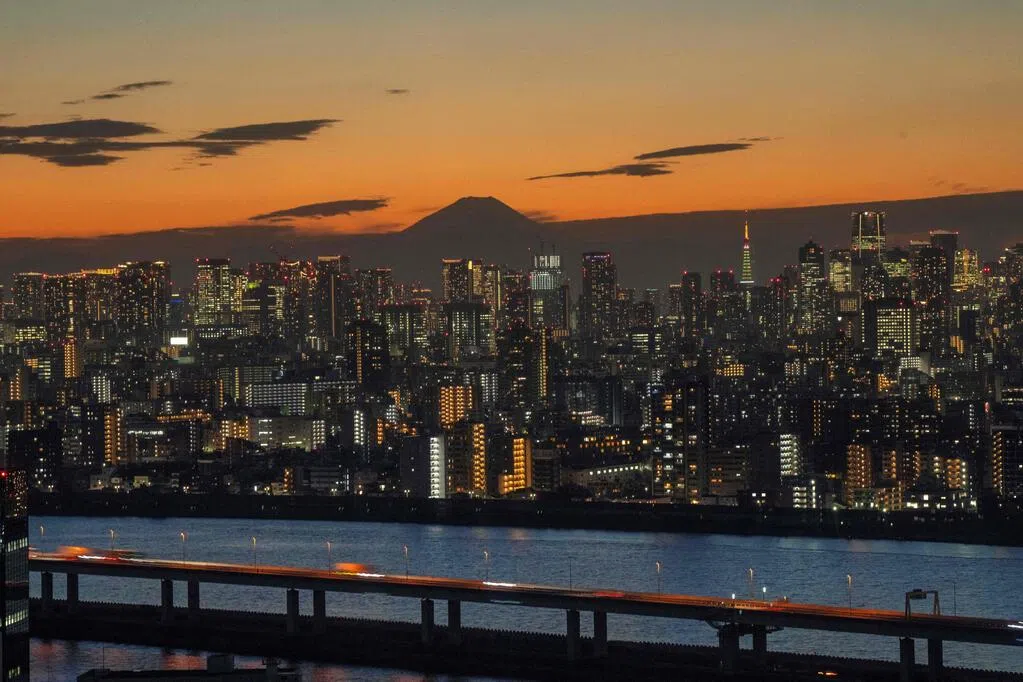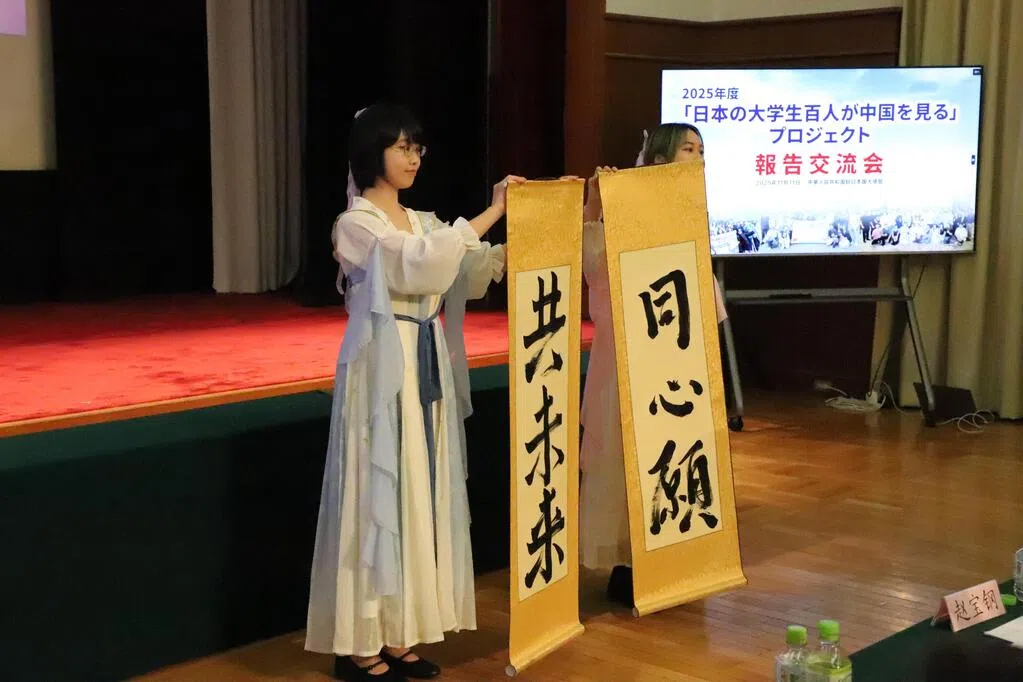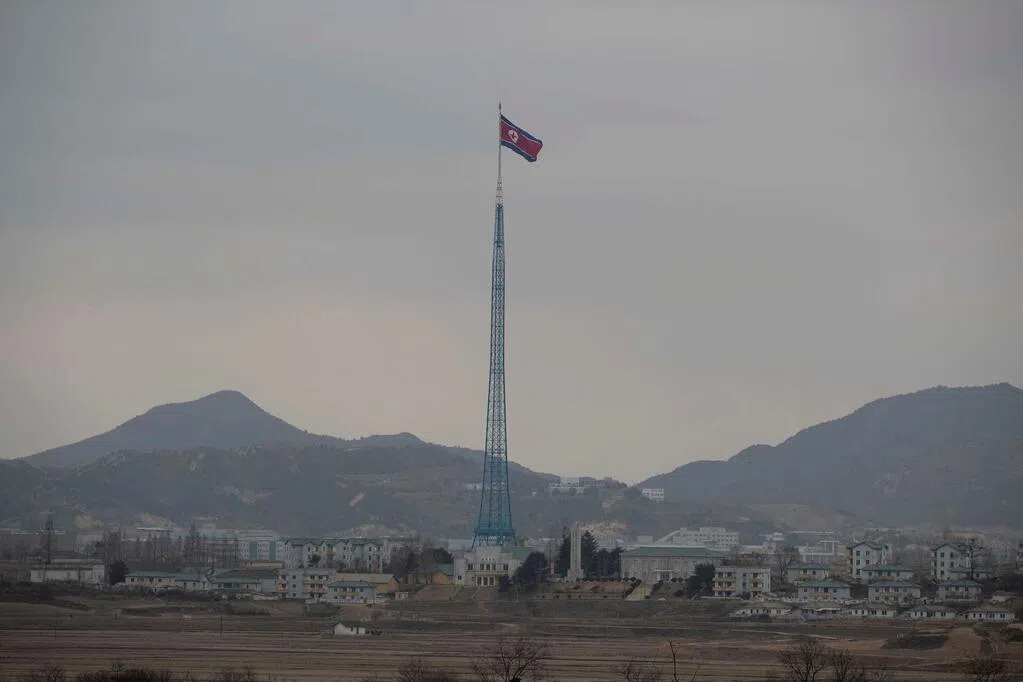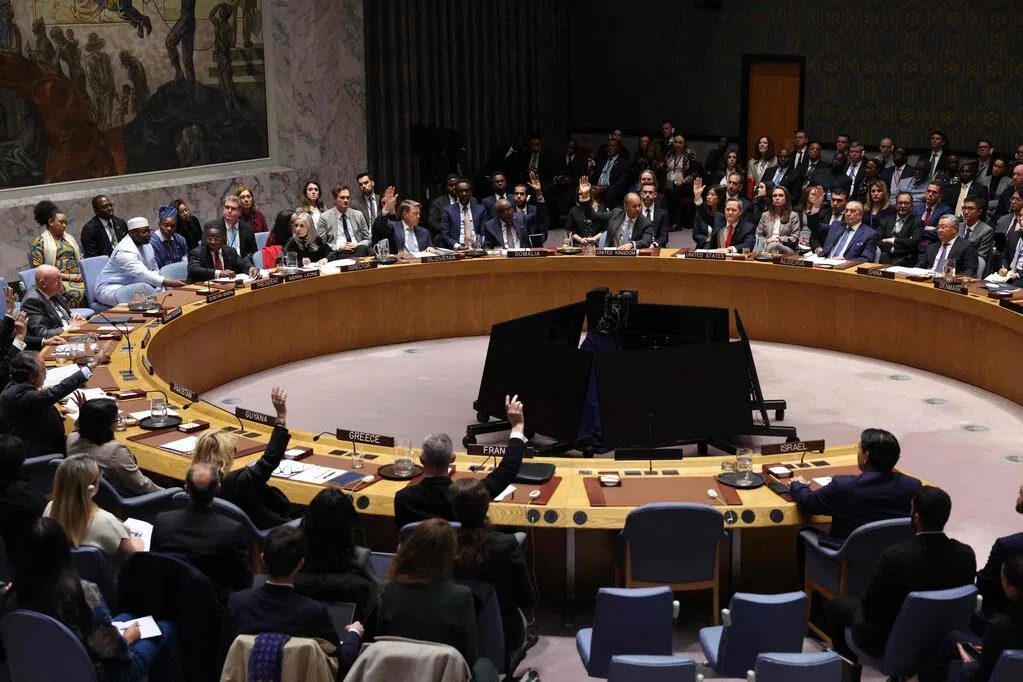(Bloomberg, Tokyo) Japanese Prime Minister Sanae Takaichi faces her first major diplomatic test less than a month into her term, having angered China with her remarks on the Taiwan issue. A Bloomberg analysis points out that while China is confronting the United States, it would not want to deepen its conflict with Japan, but Takaichi faces the risk that China's pressure may exceed expectations.
Previously, during parliamentary questioning, Takaichi stated that if "something happens in Taiwan," accompanied by a military attack, it could be considered an "existential crisis," allowing the Japanese Self-Defense Forces to exercise their right of collective self-defense. This was the first time in decades that a Japanese leader had linked a Taiwan Strait crisis to the possibility of Japanese military deployment, triggering a series of economic retaliations from Beijing.
Chinese Foreign Ministry spokesman Mao Ning, at a press conference on Tuesday (November 18), reiterated Japan's call to retract its remarks, stop creating trouble on China-related issues, and take concrete actions to acknowledge and correct its mistakes, thus safeguarding the political foundation of Sino-Japanese relations. However, Takaichi has so far refused to retract her comments.
Kaohsiung's approval rating is over 80%, and Chinese pressure on the city may back down. Kunihiko Miyake, a former Japanese diplomat who previously served in China, believes that Kaohsiung will not and need not back down. Currently, Kaohsiung's approval rating is over 80%, and if China tries to pressure the city to weaken it, the result may be counterproductive.
Miyaake says that Kaohsiung may have made a strategic mistake, but historical experience shows that after disputes between China and Japan on sensitive issues, agreements are usually reached after a diplomatic freeze lasting several months.
Further Reading


Ruyo Aoyama, a professor of Japan-China relations at Waseda University in Tokyo, points out: “While China’s reaction has been very strong so far, it has been well-considered. China’s goal is to cripple the Japanese economy, but I don’t think China intends to sever ties with Japan.”
However, the pressure China exerts on the Japanese economy and businesses may exceed expectations. Controlling the supply of key minerals needed by the Japanese auto industry is one of Beijing’s major means of restraint.
The last time a dispute between China and Japan escalated to this level was in 2012, when Tokyo decided to nationalize the disputed Senkaku Islands (Diaoyu Islands in Chinese), leading to anti-Japanese demonstrations in several Chinese cities and a 10% drop in Japanese exports due to months of boycotts.
The longer the dispute continues, the greater the negative impact on the Japanese economy, which runs counter to Takashima’s goal of promoting economic growth.
However, Jun Takeda, chief economist at Itochu Corporation, predicts that the situation will not escalate to the level of 2012. He says, “I don’t think it’s in China’s interest to be deeply embroiled in conflict with Japan while confronting the United States.”



